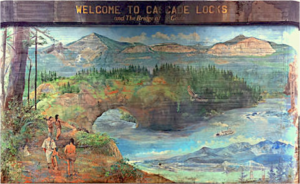
About the Talk
Bridge of the Gods & the Bonneville Landslide
In the heart of the Columbia River Gorge, where the Columbia River breaks through the Cascade Range, an 1800-feet-long steel truss bridge spans the Columbia River at a particularly narrow spot near the town of Cascade Locks. This bridge is known as the Bridge of the Gods. But this modern name derives from a much larger Bridge of the Gods that crossed the Columbia River in about 1450 AD. This earlier “bridge” was not really a bridge, but a blockage, the result of a huge landslide, known as the Bonneville Landslide, which headed on Table Mountain on the Washington side of the river and cascaded downward, filling and damming the Columbia River valley with 5 square miles of debris up to 400 feet thick. Recent investigations using radiocarbon dating and dendrochronology show the landslide occurred around 1450 AD, whereas earlier dating permitted a possible link to the 1700 AD Cascadia earthquake.
The Bonneville Landslide almost certainly gave rise to the Native American legend of the Bridge of the Gods. Oral histories of the region indicate that the Native Americans “could cross the river without getting their feet wet.” After blockage by the Bonneville landslide, the Columbia River formed a great lake behind the debris dam, also noted by Native American accounts of the Columbia River rising to great heights upstream. Sometime after overtopping, the Columbia River cut cataclysmically through and around the southern edge of the landslide mass. But the downcutting was not complete, and large rocky debris too big to be carried away by the river remained, creating the set of foaming rapids, first mapped by Lewis and Clark as “The Great Shoot.” Cascade Rapids were drowned by the 1938 completion of Bonneville Dam.
 About the Speaker
About the Speaker
Jim O’Connor is a Research Geologist at the U.S. Geological Survey in Portland, Oregon, where he has been stationed since 1996. His primary research focus is landscape evolution in the Pacific Northwest. He majored in Geological Science at the University of Washington and earned M.S. and Ph.D. degrees at the University of Arizona.

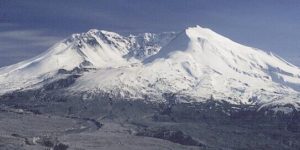
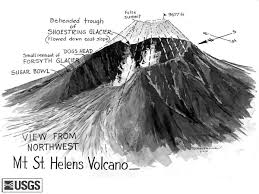
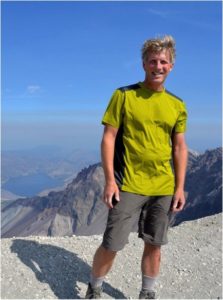
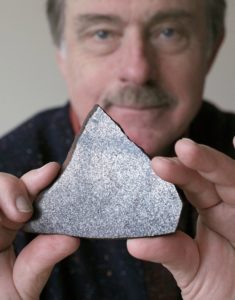 About the Speakers
About the Speakers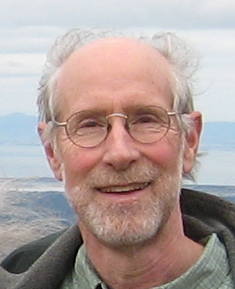 In addition to Tony’s lecture, local meteorite collector Eric Twelker will be on hand to display some samples of meteorites from his extensive collection. Eric Twelker of Port Townsend has been a lawyer, organic farmer, and geologist. However, his passion has been meteorites. Eric’s online business, the MeteoriteMarket.com, is twenty-two years old and was the first meteorite catalog available on the internet in 1995.
In addition to Tony’s lecture, local meteorite collector Eric Twelker will be on hand to display some samples of meteorites from his extensive collection. Eric Twelker of Port Townsend has been a lawyer, organic farmer, and geologist. However, his passion has been meteorites. Eric’s online business, the MeteoriteMarket.com, is twenty-two years old and was the first meteorite catalog available on the internet in 1995.